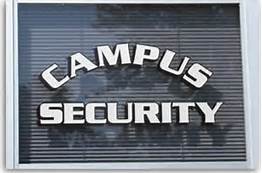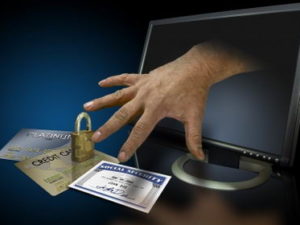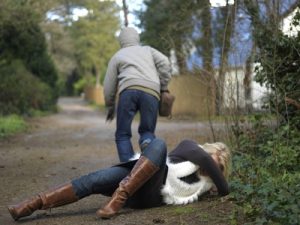
Do it right the first time, because you won’t get a second chance.
“With more than 2 million private security officers across the country protecting everything from shopping centers and office buildings to high-rise parking structures and bowling alleys, it is almost certain that sooner or later a security officer will be the first responder to a crime scene. Like police officers who encounter crime scenes, the actions taken or not taken by security personnel can literally make the difference between identifying the perpetrator(s) and successful prosecution or the case ending up in a cold-case file indefinitely.”
This article is the third in a series of three articles designed to give the security officer, whether he or she is new on the job or has many years of service, a fundamental and practical primer on crime scene response. The first article introduced the reader to several fundamental forensic principles and discussed the first priorities of security personnel upon discovering any crime scene. The second article discussed the importance of immediately establishing a command presence at crime scenes and the importance and challenges of securing a crime scene. This final article will discuss turning over control of the scene to law enforcement, documenting actions and observations, and assessing the response.
Turning Over Control of the Crime Scene to Law Enforcement.
As a security officer, whether you assumed control of the crime scene for just a few minutes or for hours, when law enforcement arrives you will need to hand over control and give investigators all the information you have. Being able to communicate with responding law enforcement officers is a key skill of handling a crime scene. Most responding officers will appreciate the care and effort you took in securing the scene and will be receptive of any information you can provide them. Unfortunately, some may seem less than appreciative. Don’t take it personally.
Your role is to brief officers and investigators on how you discovered the crime scene, what you did upon arriving at the scene, and provide any information you have about the victim or possible suspects. If any evidence has been disturbed or moved, let them know. Quite simply, tell them everything you know.
After providing responding law enforcement officers everything you know and providing your contact information, ask the officers or investigators if there is anything more they would like you to do. Likely, you will get a response like: “If we need anything, we will contact you.” That’s fine, you did your job.
Document Your Actions and Observations.
After turning over responsibility for the scene to law enforcement, you should immediately create a written record of all of the activity that occurred. Even if your company policy does not require a formal report, you should write one. Information jotted down in a notebook is better than nothing but is not a substitute for a comprehensive report. A well written report of what transpired will ensure that you do not forget anything and will serve as a touch stone to memory should you be called as a witness in a judicial proceeding.
At a minimum, your report should include the time you learned of the crime, the time you arrived at the scene, actions you took at the scene, including observations about the crime scene and information about the location, people that were at or near the crime scene, and items involved with the scene. Your report should be descriptive including notes about lights, doors, windows, furniture, sounds, smells, temperature, etc. The notes should also include statements of any witnesses you may have contacted and their contact information, such as names, addresses, and contact numbers.
Analyze the Response.
After the event, even if the crime scene was not particularly notable, over the next day or two think about what occurred. Ask yourself, “What did I do well?” and “What could I have done better?” If possible, meet with co-workers who were also at the scene and with your supervisor and review how the incident was handled. Don’t be overly critical of your actions, but be honest with yourself. You did your best. Be mindful that even experienced law enforcement personnel can miss things at a crime scene and the only way you can improve your performance next time is to recognize the things that could have been handled better.
Keep an Eye Out.
Long after the police have left the scene, your duties are not finished. In the days, weeks, months, and sometimes even years that follow, you should be especially alert following the perpetration of a crime for any further suspicious activity. In your security role, you likely know the area better than anyone. It is not uncommon for criminals to return to the sites of their crimes to satisfy their own curiosity or to check on the progress of the investigation. It is also possible that initial investigators could have overlooked some piece of evidence that may not have seemed important at the time. Report all suspicious activity or newly discovered evidence promptly to investigators. Even the smallest detail could prove the key to cracking a case.
Summary.
Private security officers have many roles when discovering a crime scene. Turning over control of the crime scene to law enforcement is an important role that should be done deliberately, with forethought, and in a professional manner. Simply leaving and returning to assigned duties when law enforcement arrives is not professional.
Security personnel should realize that following their involvement at any crime scene, they could receive a subpoena to testify at a Grand Jury, trial, or even a civil action. A complete report, written shortly after the incident, will help in remembering facts and actions taken. After the incident is over, involved security personnel should critique their response and keep a continual eye out for new evidence or information that could aid investigators in solving the crime.




